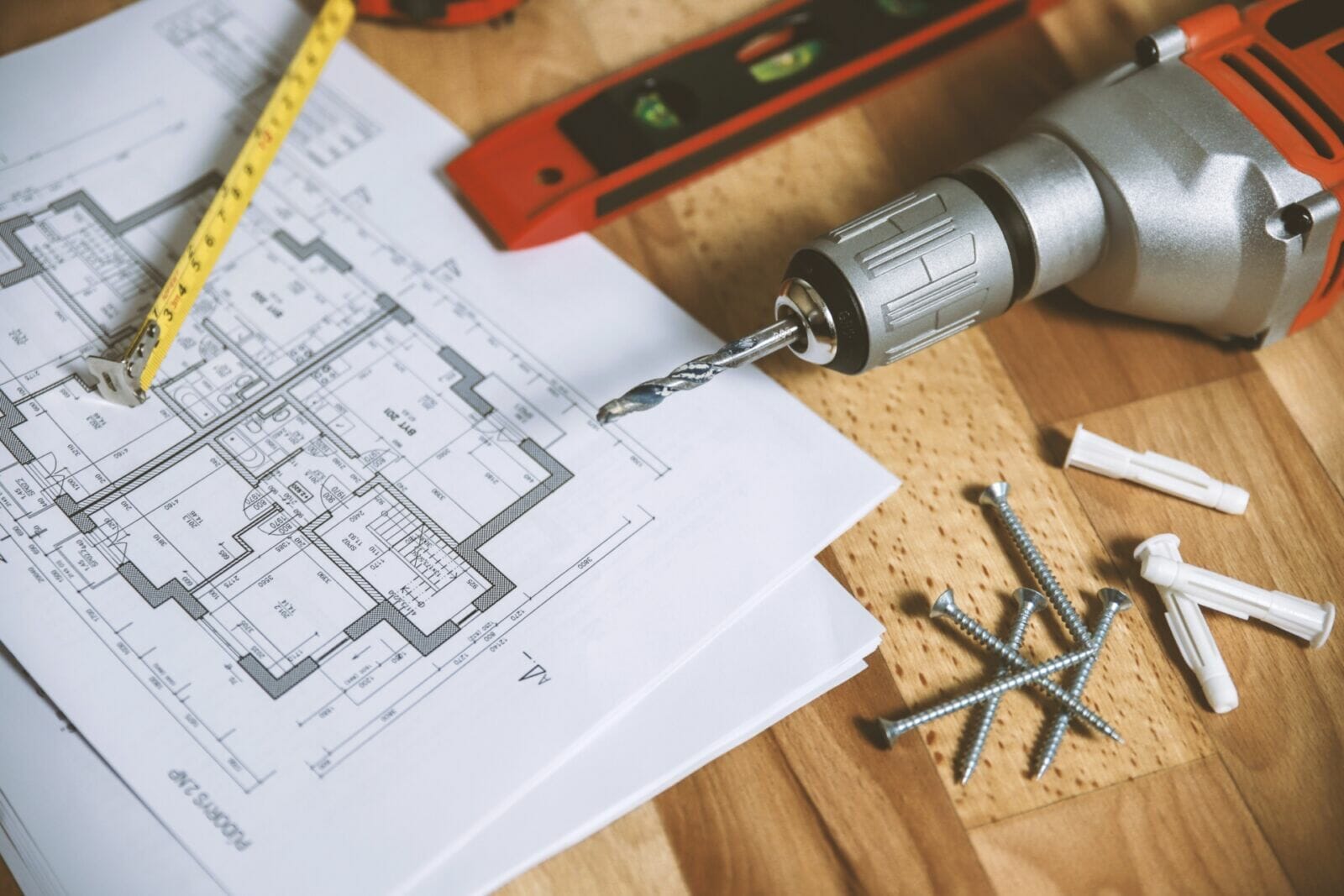A precision measurement instrument is a tool used to determine an object’s physical quantity or its exact value through indirect measurements. Precision measurement tools measure weight, temperature, force, dimension, mass, torque, pressure, and electric current in commercial, industrial, and laboratory contexts. Depending on your sector, there are various types of precision measurement tools. Similarly, the sort of instrument you purchase will be determined by its role, the degree of precision necessary, and the environment in which you will use it. Nonetheless, it is in the best interests of any industry to invest in a dependable tool that provides accurate measurements.
Bear In Mind the Necessary Units
Different devices will display different measuring units. These can be measured in grams, pounds, inches, or meters. As a result, think about the units in which the goods are measured. Modern electronic weighing scales could offer a feature that allows you to switch between your preferred units, reducing the need to buy new equipment every time you adjust the units. However, because manual equipment offers a limited variety of user-selectable units, it is still imperative to consider the units already in use.
The Minimum Level of Readability
The smallest unit of measurement that precision measurement devices will display is minimum readability. Units will be expressed in whole grams on a weighing scale with a minimum readability of one gram. Various weighing scales have readabilities as low as 0.1 or 0.001 grams. Accuracy is essential in sectors like the pharmaceutical industry; thus, you must enhance readability. Increased readability is unnecessary in businesses with heavier products or where finer accuracy is not required due to cost reasons.
Portability
Another aspect to consider when choosing your precision measurement equipment is portability. You might occasionally want to operate outside with your measuring device. In that situation, you must get a portable device. While several models can assist you in achieving your measurement goals, their portability varies. Before making your final purchasing selection, consider the portability of the provided measuring equipment based on the nature of your corporation and where you’d want to operate occasionally.
The Equipment’s Elemental Protection
The ability to withstand the elements in the area where you’ll use the equipment is known as elemental protection. For various industries and environmental settings, various precision measurement tools are employed. Some instruments, for instance, are used outside, while others are utilized inside. It helps when outdoor equipment is made in a way that can endure humidity to avoid issues like rust. There are further aspects to consider in addition to the weather, such as how frequently you use the equipment. For instance, a weighing machine is commonly utilized. As a result, it is exposed to mud, dust, microbes, and occasionally rain. Therefore, regular cleaning of the weighing machine shouldn’t shorten its lifespan if it has sufficient elemental protection. Always choose a device with good elements protection so that it will last longer.
Although there are many aspects to consider when buying your measurement equipment, remember that the most crucial ones are the necessary capacity, minimum readability, elemental resistance, and environmental friendliness.




